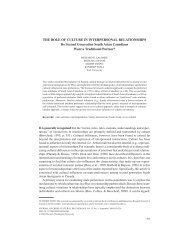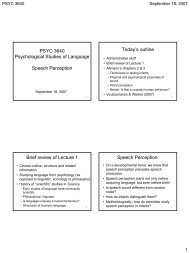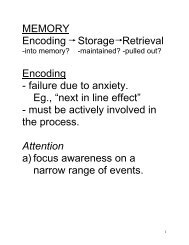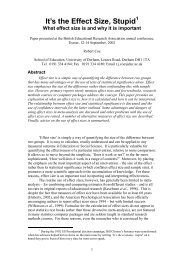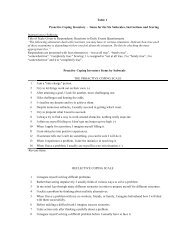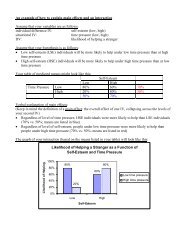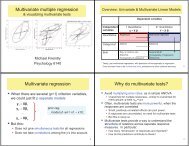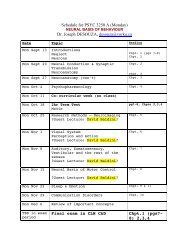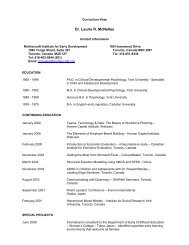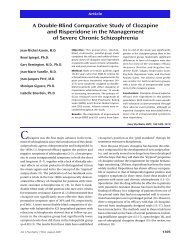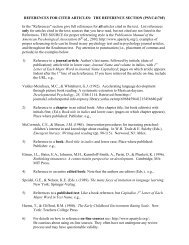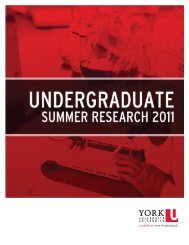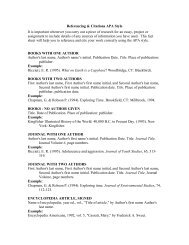The Drama of the Gifted Child (The Search for the True Self)
The Drama of the Gifted Child (The Search for the True Self)
The Drama of the Gifted Child (The Search for the True Self)
You also want an ePaper? Increase the reach of your titles
YUMPU automatically turns print PDFs into web optimized ePapers that Google loves.
her nature, but she could not give up this need to supervise<br />
<strong>the</strong> child. At last she found help through her dreams, in<br />
which she felt that she herself was in her mo<strong>the</strong>r's situation<br />
during <strong>the</strong> postwar period. Now she was able to imagine<br />
how it had been <strong>for</strong> her mo<strong>the</strong>r, who had been widowed<br />
early and had to make her own way, <strong>for</strong> herself and her<br />
daughter, and apparently also had to contend with "public<br />
opinion," which had it that because she went out to work<br />
she was neglecting her daughter. Her only child, my patient,<br />
had <strong>the</strong>re<strong>for</strong>e to be <strong>the</strong> more perfect. <strong>The</strong> family<br />
constellation in <strong>the</strong> daughter's case was quite different,<br />
however, and <strong>the</strong> need to supervise her child disappeared<br />
when my patient realized this difference. "I am a different<br />
person and my fate is different from that <strong>of</strong> my mo<strong>the</strong>r,"<br />
she once said. As a result, not only <strong>the</strong> teacher, but also her<br />
husband and neighbors "spontaneously" stopped giving<br />
her "good advice," and veiled orders.<br />
<strong>The</strong>re are moments in every analysis when dammed-up<br />
demands, fears, criticism, or envy break through <strong>for</strong> <strong>the</strong><br />
first time. With amazing regularity <strong>the</strong>se impulses appear in<br />
a guise that <strong>the</strong> patient has never expected or that he<br />
might even have rejected and feared all his life. (Cf. pp.<br />
18-19.) Be<strong>for</strong>e he can develop his own <strong>for</strong>m <strong>of</strong> criticism<br />
he first adopts his fa<strong>the</strong>r's hated vocabulary or nagging<br />
manner. And <strong>the</strong> long repressed anxiety will surface in—<br />
<strong>of</strong> all things!—his mo<strong>the</strong>r's irritating hypochondriacal fears.<br />
It is as if <strong>the</strong> "badness" in <strong>the</strong> parents that had caused a person<br />
<strong>the</strong> most suffering in his childhood and that he had always<br />
wanted to shun, has to be discovered within himself,<br />
so that reconciliation will become possible. Perhaps this<br />
also is part <strong>of</strong> <strong>the</strong> never-ending work <strong>of</strong> mourning that this<br />
personal stamp must be accepted as part <strong>of</strong> one's own fate<br />
be<strong>for</strong>e one can become at least partially free.<br />
When <strong>the</strong> patient has truly emotionally worked through<br />
111



